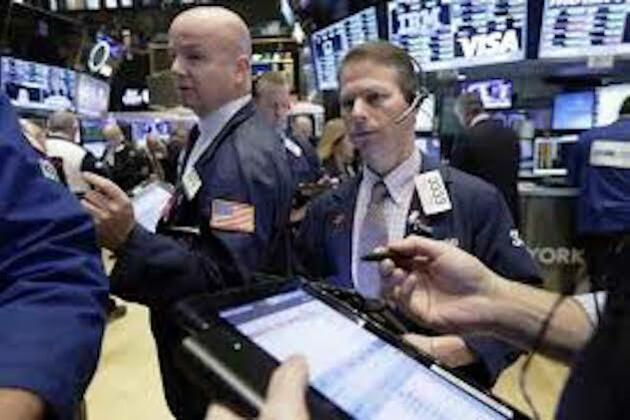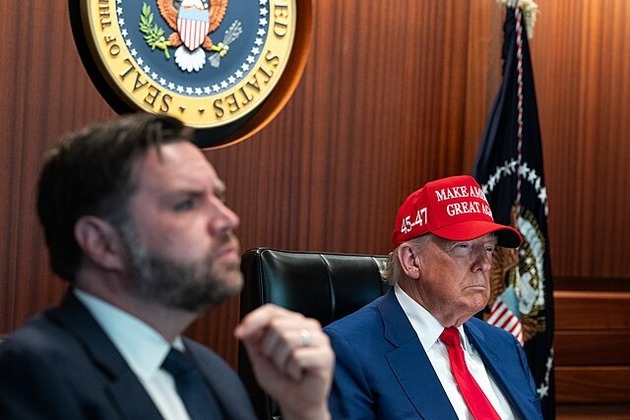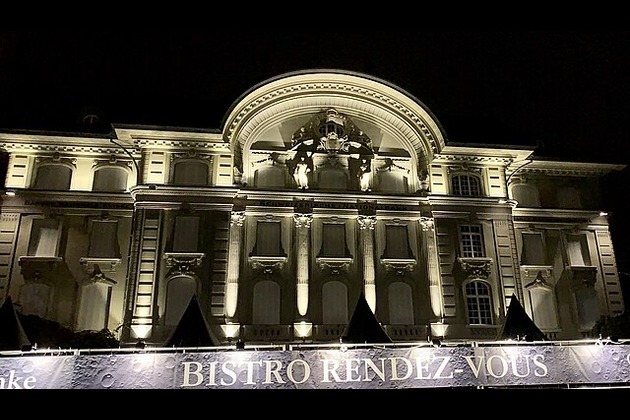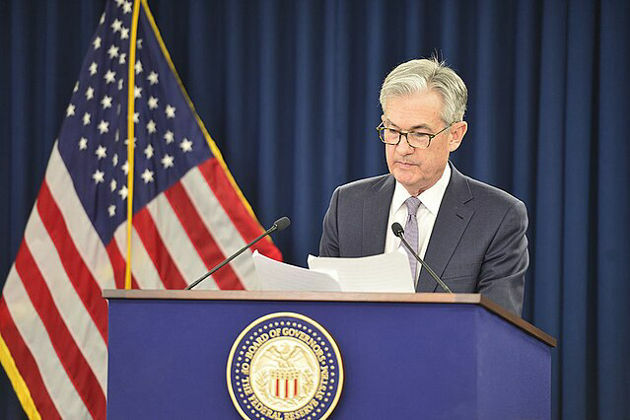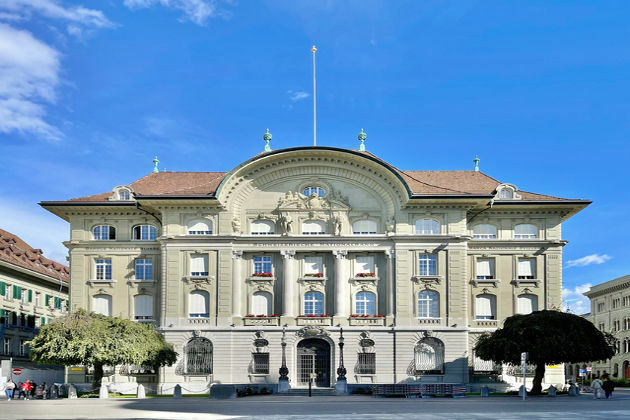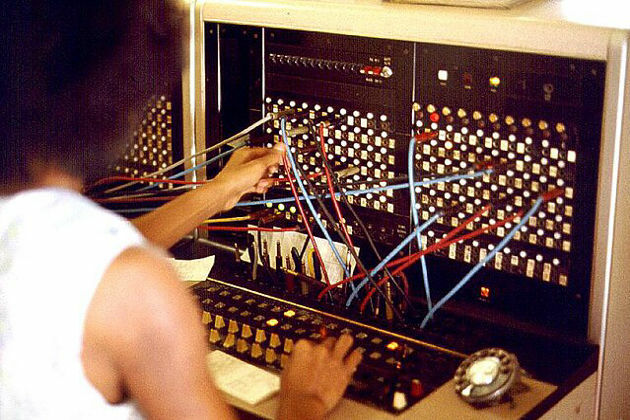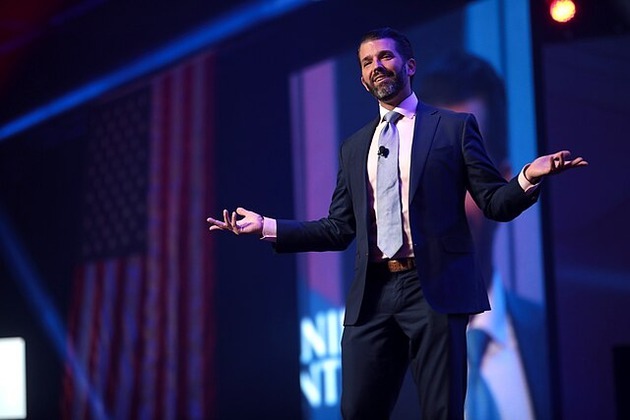US Claims Severe Damage to Irans Nuclear Program After Airstrikes
Novinite.com
23 Jun 2025, 12:05 GMT+10
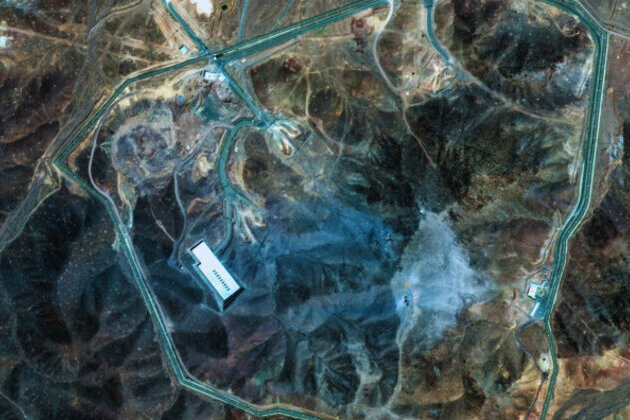
A day after President Donald Trump authorized a high-stakes strike on Iran's nuclear program, the United States claimed it had inflicted significant damage. Yet, uncertainty remains about how severely Tehran's nuclear ambitions were actually set back.
While Trump made no public appearances or social media statements on Sunday, his national security officials took the lead in signaling a desire to prevent a broader conflict. They left the door open to renewed diplomacy with Tehran, despite the escalating fallout of the airstrikes. The president's silence, in contrast to his usual style, appeared calculated ? part of a larger strategy to manage both public perception and global reaction.
At the United Nations, Iran accused the U.S. of sabotaging diplomatic efforts. Iranian Ambassador Amir Saeid Iravani told an emergency session of the Security Council that Washington's ?warmongering regime? had ignored repeated warnings and derailed ongoing talks with European leaders. He pointed to recent diplomatic outreach by Iran's foreign minister in Europe as evidence that dialogue was possible ? until, as he put it, the U.S. ?decided to destroy that diplomacy.?
The rapid chain of events was triggered on June 13, when Israel launched a surprise wave of airstrikes on Iranian targets. Citing a looming threat of nuclear weapons development, Israeli officials framed the strikes as a preemptive measure. Iran responded with missile and drone attacks against Israel, prompting a continued exchange of fire between the two longtime adversaries. That tit-for-tat campaign set the stage for Trump's intervention.
In the early hours of Sunday, the U.S. carried out a major military operation targeting three of Iran's most sensitive nuclear facilities: Fordow, Natanz, and Isfahan. Trump later declared that the airstrikes had ?obliterated? the sites. The attack, codenamed ?Operation Midnight Hammer,? was executed using B-2 stealth bombers that dropped more than a dozen bunker-busting bombs on the Fordow and Natanz facilities, while Tomahawk cruise missiles were launched at Isfahan.
Though the Pentagon touted the strikes as a decisive blow, officials acknowledged that a full assessment of the damage was still underway. Analysts have cautioned that much of Iran's nuclear infrastructure is deeply buried and potentially beyond the reach of even the most powerful non-nuclear munitions. Whether enriched uranium stocks were destroyed remains unclear.
Iran's official reaction has so far been limited to harsh condemnations and a diplomatic offensive. At the UN, Tehran lashed out at both Washington and Jerusalem, but Supreme Leader Ayatollah Ali Khamenei has yet to deliver a definitive public response ? a silence that leaves the world guessing whether retaliation or restraint will follow.
Inside the U.S., top Trump officials maintained that the United States was not at war with Iran. Still, by conducting direct military strikes, the administration has formally entered a conflict that had, until now, been waged largely between Israel and Iran through proxy groups and shadow operations. The White House warned that if Iran does not de-escalate, future strikes could follow. Trump even hinted that regime change in Tehran could become a U.S. goal.
Despite the administration's message of strength and deterrence, the situation remains fluid and highly volatile. Whether the strikes will stop Iran's nuclear development or push the region into deeper chaos remains to be seen. For now, the U.S. has entered a dangerous new phase ? one that Trump insists is aimed at peace, but which may just as easily spiral into a broader and bloodier conflict.
 Share
Share
 Tweet
Tweet
 Share
Share
 Flip
Flip
 Email
Email
Watch latest videos
Subscribe and Follow
Get a daily dose of Business Sun news through our daily email, its complimentary and keeps you fully up to date with world and business news as well.
News RELEASES
Publish news of your business, community or sports group, personnel appointments, major event and more by submitting a news release to Business Sun.
More InformationFinancial Markets
SectionU.S. stocks gain ground as investors shrug off Mideast concerns
NEW YORK, New York - U.S. stocks made strong gains on Monday, brushing off concerns Donald Trump's surprise ambush of Iranian nuclear...
U.S. bombs Iran nuclear sites, investors eye oil and safe havens
NEW YORK CITY, New York: The U.S. bombing of Iranian nuclear sites has cast a shadow over global markets, with investors bracing for...
Europe eases rates as Fed holds and Trump threatens tariffs
ZURICH, Switzerland: A wave of central banks across Europe surprised markets last week by lowering interest rates, responding to easing...
Federal Reserve chief weighs next move as economic outlook wavers
WASHINGTON, D.C.: The U.S. economy is performing reasonably well, but Federal Reserve Chair Jerome Powell faces a difficult decision...
TikTok gets US reprieve as Trump grants 90-day extension
WASHINGTON, D.C.: President Donald Trump has granted TikTok another reprieve, extending the deadline for its Chinese parent company,...
Swiss National Bank responds to strong franc and US trade doubts
ZURICH, Switzerland: The Swiss National Bank (SNB) lowered its key interest rate to zero percent on June 19 to respond to falling inflation,...
Technology
SectionConfused bot named Alyssia replaces human response on Iranian phones
DUBAI, U.A.E.: British Iranians living in the U.K. are taken aback when they try to reach their families in Tehran on the phone and...
TikTok gets US reprieve as Trump grants 90-day extension
WASHINGTON, D.C.: President Donald Trump has granted TikTok another reprieve, extending the deadline for its Chinese parent company,...
Amazon’s Zoox unveils plan to build 10,000 robotaxis a year
HAYWARD, California: In a significant step toward its commercial debut, Amazon-owned Zoox has unveiled its first factory dedicated...
Trump family enters telecom with branded phone, mobile service
NEW YORK CITY, New York: The Trump family has unveiled a new venture in the telecom sector — and it's drawing as much scrutiny as it...
Axiom 4, piloted by Grp Capt Shukla targets Wednesday launch for mission to ISS
Florida [US], June 24 (ANI): NASA, Axiom Space, and SpaceX are targeting 2:31 a.m. EDT, Wednesday (4 pm IST), June 25, for launch of...
Bajaj Markets Helps Users Choose the Right Credit Card in 2025
HT Syndication Pune (Maharashtra) [India], June 23: Bajaj Markets, a leading digital financial marketplace, is revolutionising how...

